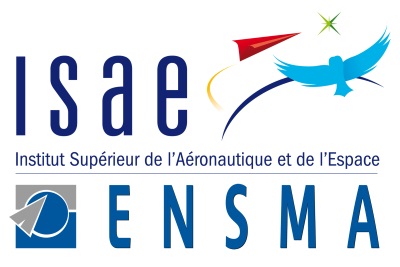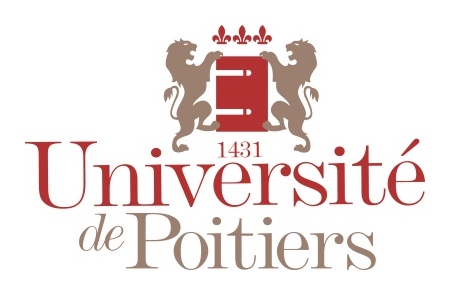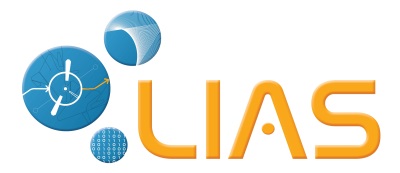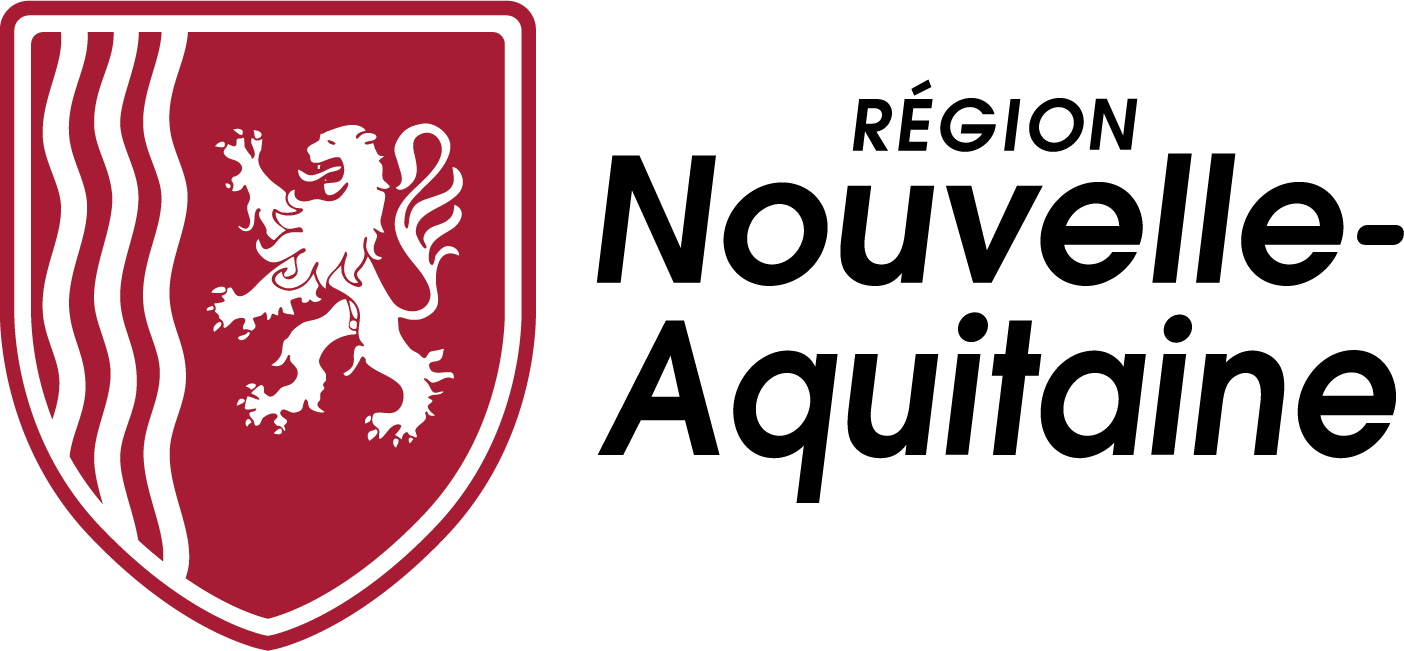
The 44th International Conference on Conceptual Modeling (ER 2025) is the premier international conference for research and practice on Conceptual Modelling. The conference provides a vibrant forum for discussing and extending the state-of-the-art conceptual modeling foundations, emerging and future challenges, and the pivotal role conceptual modeling plays in a variety of applications. In celebrating its 44th anniversary this year, we especially invite contributions on the theme of:
BUILDING TRUST THROUGH CONCEPTUAL MODELING
Building trust in digital ecosystems has gained a heightened importance in an increasingly contested world. This year’s theme focuses on the important role conceptual modeling plays in creating systems that are trustworthy, inclusive, and transparent. We invite the Conceptual Modelling community to deliberate on how traditional modeling principles and frameworks can contribute and adapt to new advancements in AI, data ecosystems, and autonomous platforms while upholding ethical standards and fostering trust in digital innovations.
We welcome submissions of original research on a variety of topics on conceptual modeling, including well-established and emerging areas of research and practice, as well as submissions that lead to new foundations, links, applications, or enlarge current boundaries of conceptual modeling. We also invite industry reports and vision papers.
Specific examples of relevant topics include but are not limited to:
Foundations of conceptual modeling:
- Human-centred and inclusive modeling
- Model explainability and transparency
- Role of modeling in engendering trust and building trustworthy systems
- Automated and AI-assisted conceptual modeling
- Complexity management of large conceptual models
- Concept formalization, including data manipulation languages and techniques, formal concept analysis, and integrity constraints
- Domain-specific modeling
- Discovery of models, (anti-)patterns, and structures
- Evolution, exchange, integration, and transformation of models
- Justification and evaluation of models
- Interactive, dynamic and adaptive modeling systems
- Logic-based knowledge representation and reasoning
- Multi-level and multi-perspective modeling
- Ontological and cognitive foundations
- Quality paradigms and metrics
- Semantics in conceptual modeling
- Theories and methodologies for conceptual modeling
- Verification and validation of conceptual models
Conceptual modeling for:
- Data access, acquisition, integration, maintenance, preparation, transformation, and visualization
- Data management, including database design, performance optimization, privacy and security, provenance, transactions, queries
- Data value, variety, velocity, veracity, volume, and other dimensions
- Data-centric AI development
- Distributed, decentralized, ledger-based, parallel, and P2P databases
- Graph and network databases
- Object-oriented and object-relational databases
- SQL, NewSQL and NoSQL databases
- Spatial and temporal databases
- Event-based and stream architectures
- Multimedia and text databases
- Approximate, probabilistic, and uncertain databases
- Web, Semantic Web, knowledge graphs, and cloud databases
- Synthetic data and simulation modeling
- Other data spaces
Conceptual modeling in:
- AI, data mining, data science, machine learning, explainable AI, LLMs, statistics
- Business, climate, compliance, economics, education, energy, entertainment, government, health, law, sustainability, etc
- Collaboration, crowdsourcing, games, and social networks
- Business intelligence and analytics, Data warehousing
- Engineering, such as agile development, requirements engineering, reverse engineering, model-driven engineering
- Enterprises, including the modeling of business rules, capabilities, goals, services, processes, values, software, and systems
- Ethics, fairness, responsibility, or trust
- Digital twins, fog and edge computing, Industry 4.0, internet of things
- Information classification, filtering, retrieval, summarization, and visualization
- Scientific data management, including FAIR practices
- Metaverse and Extended Reality (XR)
Conceptual modeling showcased by:
- Computational tools that advance the state-of-the-art
- Ethnographic, qualitative, empirical case studies, and experience reports of applications
- Comparative and benchmarking studies




